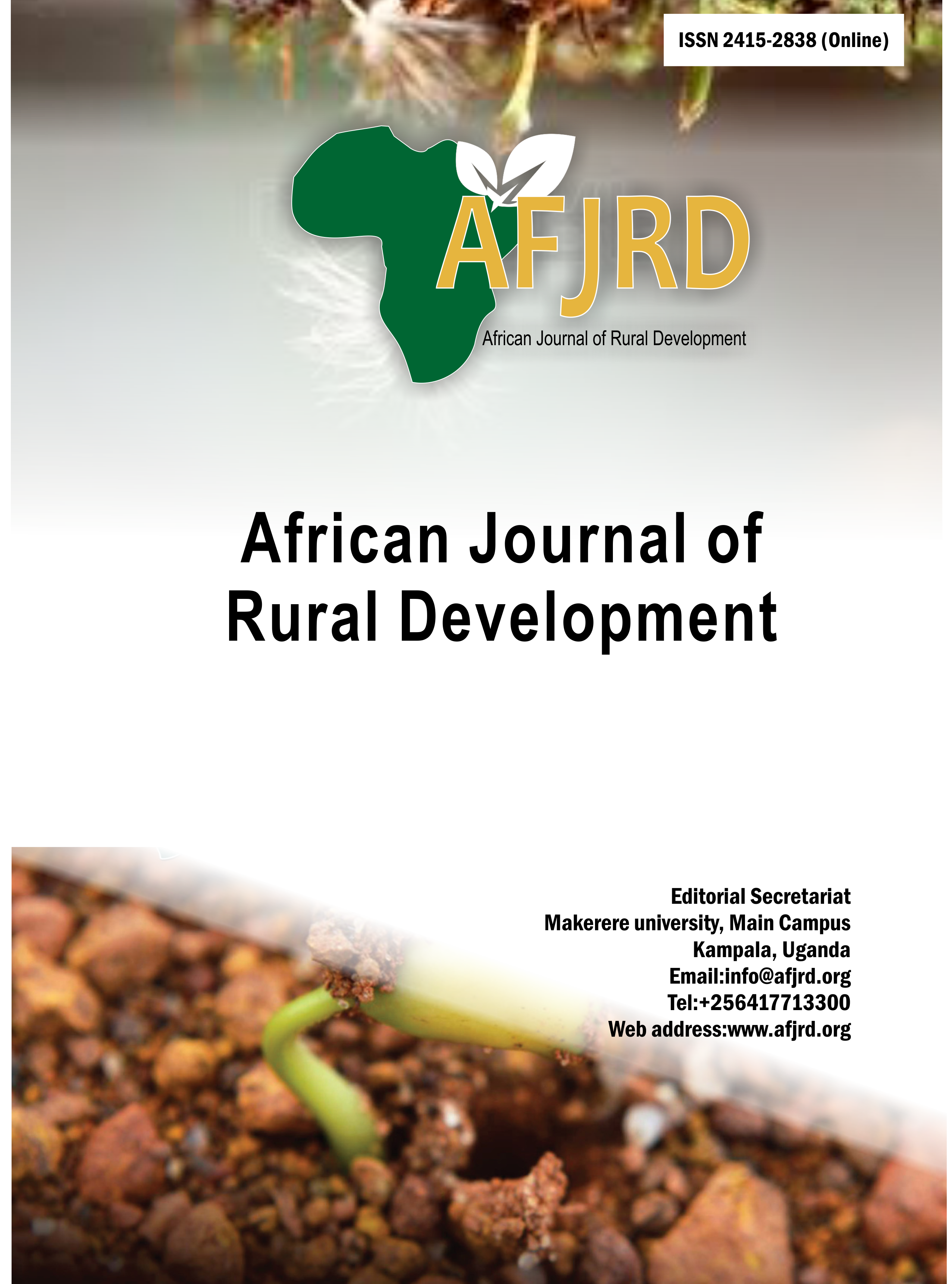The RUFORUM graduate teaching assistantship programme: Motivation, implementation, accomplishments and future perspectives
Main Article Content
Abstract
A key gap in the African Agricultural sector is the limited application of science, technology
and innovation to support agricultural transformation in the African continent. Among the
challenges that the sector faces is low staff capacity particularly at doctoral level, which is
widespread across African universities. Despite the efforts made by public and private agencies
over the years, African Universities are not able to train a critical number of PhD graduates
to strengthen their staff capacities nor staff the national research systems and other agencies,
including policy, largely due to limited funding. Yet research has shown that PhD staff have a
high ability to generate research outputs and innovations to support development processes. In
response to these inadequacies, RUFORUM Vice Chancellors launched the Graduate Teaching
Assistantship (GTA) programme in 2014 targeting to train 325 GTAs by 2022 in order to
develop staff capacities at PhD level in their universities. It involves a Member University
sending its staff to undertake Doctoral training in another RUFORUM Member university,
which waives tuition and associated costs. The sending university pays for upkeep of its staff
and also research costs. This is envisaged to cut down the cost of PhD training by up to 40%
and minimize inbreeding in training in the same university. Therefore, this paper provides an
overview on the implementation of GTA programme since its beginning and the extent to which
it aligns with the core areas and mandates of RUFORUM while achieving its aims. It also lays
out future perspectives
Article Details

This work is licensed under a Creative Commons Attribution 4.0 International License.
